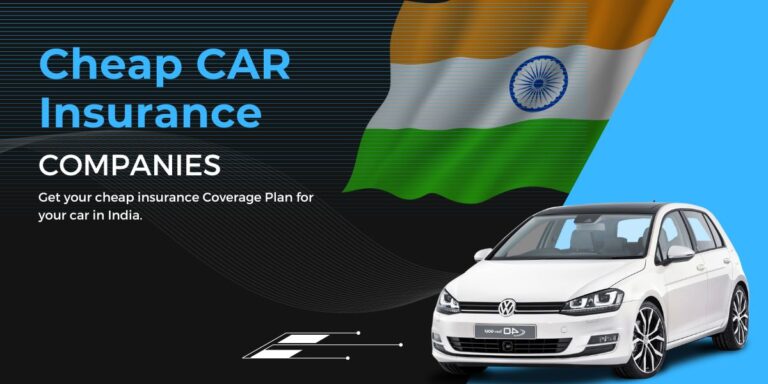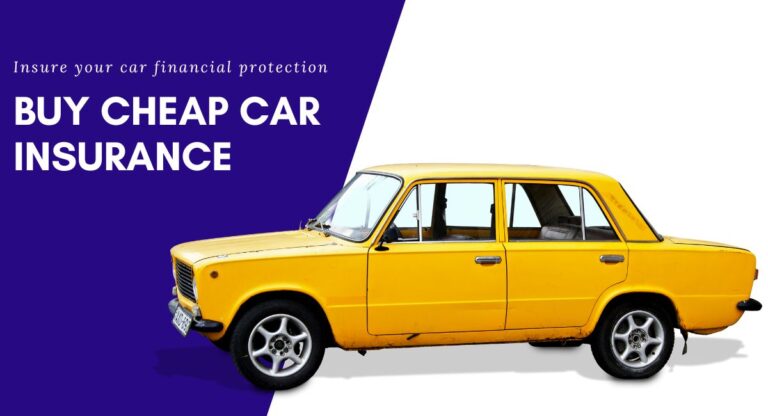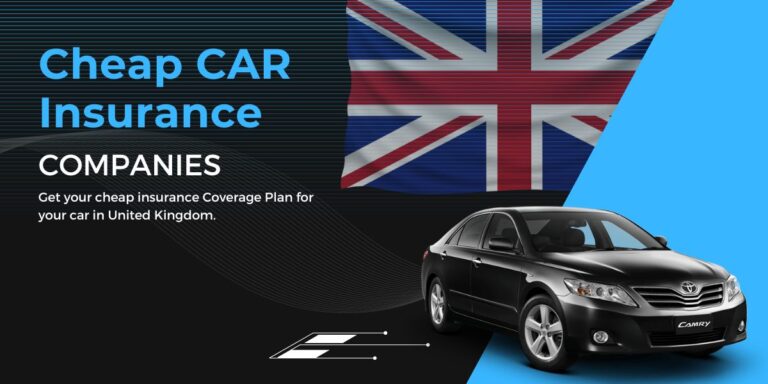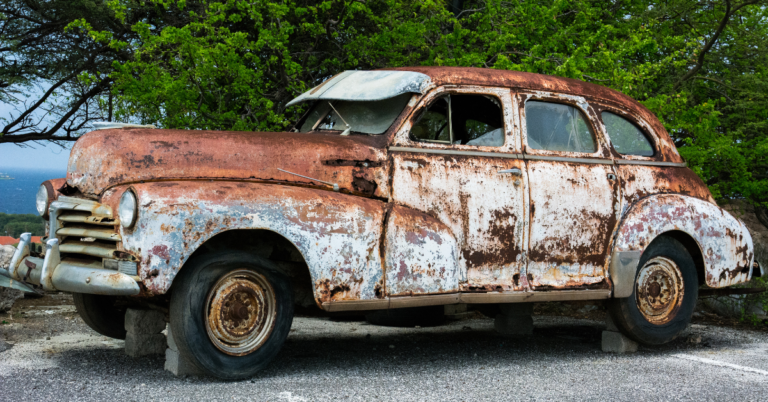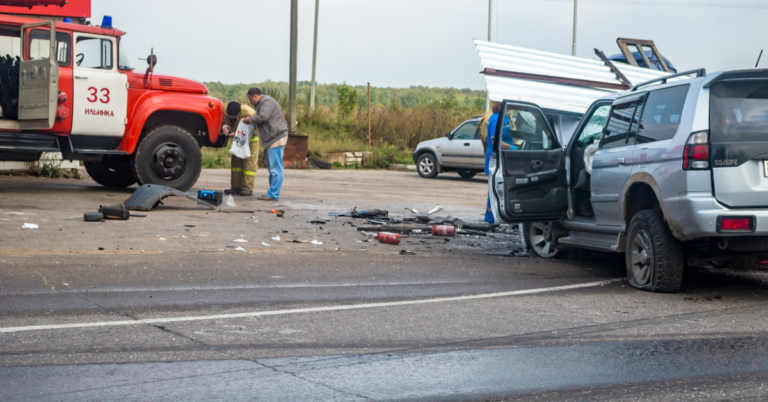Are you trying to figure out how much car insurance costs in Nigeria? You’re not alone.
Many people want to know the differences between basic coverage, third-party insurance, and the most affordable options.
Whether you’re looking for the cheapest way to insure your car or wondering how third-party insurance compares to other types, we’ve got the details you need.
We’ll break down the costs of the most basic car insurance, explain what third-party insurance covers, and show you how to find the best deals.
You’ll also learn how different factors like your car type and the insurance company you choose can affect your premiums.
This guide will help you navigate the world of car insurance in Nigeria and make an informed decision that suits your budget and needs.
Dive in to discover the ins and outs of car insurance costs in Nigeria and find the coverage that works best for you!
How much is car insurance in Nigeria?
The cost of car insurance in Nigeria varies widely depending on several factors, including the type of coverage, the driver’s age and experience, the vehicle type, and the region where the car is driven.
On average, basic third-party liability coverage, which is the minimum legal requirement, costs between ₦10,000 and ₦15,000 annually.
For more comprehensive coverage options, prices increase significantly.
Third-party, fire and theft insurance typically ranges from ₦20,000 to ₦25,000 per year, while comprehensive coverage, which provides the highest level of protection, can cost between ₦30,000 and ₦50,000 or more annually.
Factors such as insuring luxury or sports vehicles, young or inexperienced drivers, and living in urban areas with higher accident and theft rates can lead to higher premiums.
To lower insurance costs, drivers can consider increasing their deductibles, maintaining a good credit score, taking defensive driving courses, and comparing quotes from multiple insurers.
| Coverage Type | Annual Cost (₦) |
| Basic Third-Party Liability | ₦10,000 – ₦15,000 |
| Third-Party, Fire & Theft | ₦20,000 – ₦25,000 |
| Comprehensive Coverage | ₦30,000 – ₦50,000+ |
| Teenage Driver | ₦70,000+ |
| Middle-Aged Safe Drivers | ₦12,000 – ₦18,000 |

Factors Influencing Cost:
| Factor | Impact on Premiums |
| Type of Vehicle | Higher for luxury, sports cars, SUVs; lower for economy cars |
| Coverage Limits | Higher limits increase premiums |
| Deductible Amount | Higher deductibles lower premiums |
| Driver’s Age and Experience | Younger drivers pay more; middle-aged drivers pay less |
| Location | Higher in urban areas; varies by region |
| Credit Score/Financial History | Poor credit increases premiums |
| Claims History | More claims increase premiums |
Tips to Save Money:
| Tip | Estimated Savings |
| Increase Deductibles | Can save 20% or more on premiums |
| Opt for Third-Party Coverage | Lower cost than comprehensive coverage |
| Ask About Discounts | Savings vary (multi-car, safety features, etc.) |
| Improve Credit Score | Can lower premiums |
| Defensive Driving Courses | Can reduce risk and lower premiums |
| Compare Quotes | Varies; recommended to compare at least 3-5 insurers |
How to get cheap car insurance in Nigeria?
In Nigeria, some of the more affordable car insurance options include basic Third Party Insurance plans, which are the minimum legal requirement.
These plans are often less expensive than comprehensive coverage, offering protection mainly for damages or injuries caused to other people or their property.
Insurance providers like Leadway Assurance, AXA Mansard, and Mutual Benefits offer competitive rates for these basic policies, making them a cost-effective choice for budget-conscious drivers.
What does car insurance cover in Nigeria?
Car insurance in Nigeria typically covers a range of protections depending on the type of policy you choose. Here’s a breakdown of what car insurance policies generally cover in Nigeria:
1. Third-Party Liability Insurance
This is the minimum legal requirement for car insurance in Nigeria. It covers:
- Injuries to Third Parties: Medical expenses and compensation for injuries or death caused to third parties in an accident.
- Property Damage: Costs of repairing or replacing third-party property damaged in an accident.
2. Third-Party, Fire, and Theft Insurance
In addition to third-party liability coverage, this policy also includes:
- Theft: Coverage for the loss or damage to your vehicle if it is stolen.
- Fire Damage: Coverage for damages caused to your vehicle by fire.
3. Comprehensive Insurance
This is the most extensive coverage and includes:
- Own Vehicle Damage: Costs of repairing or replacing your own vehicle in the event of an accident, regardless of who is at fault.
- Third-Party Liability: Similar to third-party insurance, covering injuries and property damage to others.
- Theft and Fire: Protection against loss or damage due to theft or fire.
- Vandalism and Natural Disasters: Coverage for damages caused by vandalism, floods, storms, and other natural disasters.
- Medical Expenses: Coverage for medical expenses for the driver and passengers in your vehicle.
Additional Benefits and Optional Coverage
Depending on the insurer and the policy, additional benefits may include:
- Personal Accident Cover: Provides compensation for the driver and passengers in case of accidental death or permanent disability.
- Windscreen and Glass Cover: Coverage for damage to the windscreen and other windows.
- Towing and Roadside Assistance: Services for towing your vehicle in case of a breakdown or accident.
- Loss of Use: Compensation for the period your car is being repaired and you cannot use it.
Exclusions
Car insurance policies typically exclude coverage for:
- Wear and Tear: Regular maintenance and deterioration of the vehicle.
- Driving Under Influence: Accidents occurring while driving under the influence of alcohol or drugs.
- Unlicensed Driving: Accidents involving an unlicensed driver.
- Illegal Activities: Damages resulting from the use of the car for illegal purposes.
Understanding the specific coverage and exclusions of your car insurance policy is crucial. It’s recommended to read the policy details thoroughly and ask your insurer about any uncertainties.
For more detailed information, you can check out sources like:
These sources provide comprehensive details on car insurance policies, benefits, and exclusions in Nigeria.
frequently asked questions
Do you pay car insurance in Nigeria?
Yes, car insurance is mandatory in Nigeria because it helps cover the financial costs associated with vehicle accidents, theft, or damage. It ensures that drivers have financial protection and can meet legal and compensation requirements.
Is insurance mandatory in Nigeria?
In Nigeria, car insurance is mandatory. Drivers are required by law to have Third Party Insurance, which covers damages or injuries caused to other people or their property in the event of an accident. This insurance helps ensure that drivers have financial protection and can meet legal obligations if they are at fault in an accident.
What is the penalty for driving without insurance in Nigeria?
Driving without insurance in Nigeria can result in penalties including fines and vehicle impoundment. Specifically, the penalty can range from fines of up to ₦250,000 to ₦500,000, or imprisonment of up to 6 months, or both. Additionally, law enforcement officers may impound the vehicle until the insurance requirement is met.
What is the benefit of insurance in Nigeria?
Insurance in Nigeria offers crucial financial protection by covering costs related to accidents, theft, or damage, and helps individuals and businesses manage risks. It ensures legal compliance, avoiding penalties, and provides peace of mind by safeguarding against unforeseen events. Additionally, it supports efficient claims management, aiding in quicker recovery from losses.

Hey, I’m Ratiranjan Singha, the Creator of Myworldstuffs.com. I Offer in-Depth Articles and Guides that Help you to Understand Various Financial Concepts.
